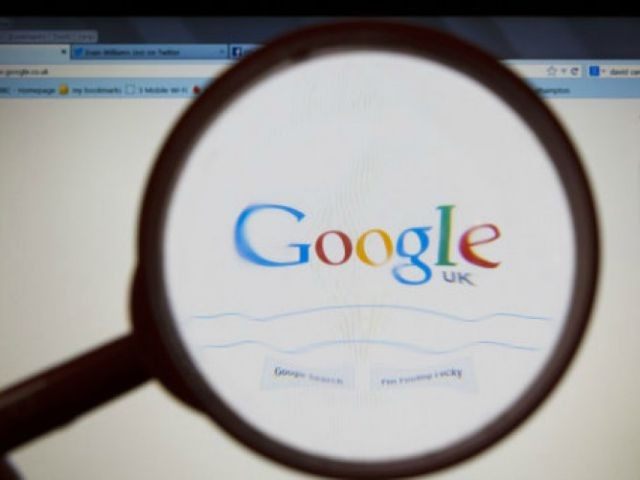(Ferenstein Wire) – A European agency has taken the “Right to Be Forgotten” to the next level: Google may be forced to remove links to news reports on why the search giant had to remove the links in the first place. Europe has pioneered a new legal concept that permits individuals to force search engines to remove links to information about themselves that they find incriminating or embarrassing.
Originally, Google lost its battle against so-called Right to Be Forgotten cases, which often include legal requests to erase past criminal activity from the Internet. To comply with the new laws, Google has set up a form to make the request, which hundreds of thousands of individuals filled out. If the request is honored, certain links will not show up under particular search terms (e.g., their names).
But then journalists began writing about the people who requested the removal of the links, as one would expect them to do.
“The ICO ruling recognises that journalistic content relating to decisions to delist search results may be newsworthy and in the public interest,” explained the Information Commissioner’s Office in a blog post. “But it confirms that this does not justify including links to that content when a Google search is made by entering the affected individual’s name, as this has an unwarranted and negative impact on the individual’s privacy and is a breach of the Data Protection Act.”
In other words, the government agency recognizes that it is reasonable for journalists to investigate how a court is applying censorship laws, but it evidently does not feel that this interest is more important than an individual’s right to erase himself from Google.
Deputy Commissioner David Smith acknowledged, “We understand that people need to be able to find these stories through search engines like Google. But that does not need them to be revealed when searching on the original complainant’s name.”
To be sure, readers outside of Europe are not necessarily bystanders in this decision. As of now, Google only has to delist them in certain areas where the law applies, but at least one regulator in France wants the law to apply globally. That is, if a European court decides that information should be wiped from a Google search anywhere, it should be erased everywhere.
As for the most recent ruling, according to The Guardian, Google has 35 days to comply with the ruling but has the right to appeal the decision. For now, Right to Be Forgotten censorship is growing.
*For more stories like this, subscribe to the Ferenstein Wire newsletter here.

COMMENTS
Please let us know if you're having issues with commenting.